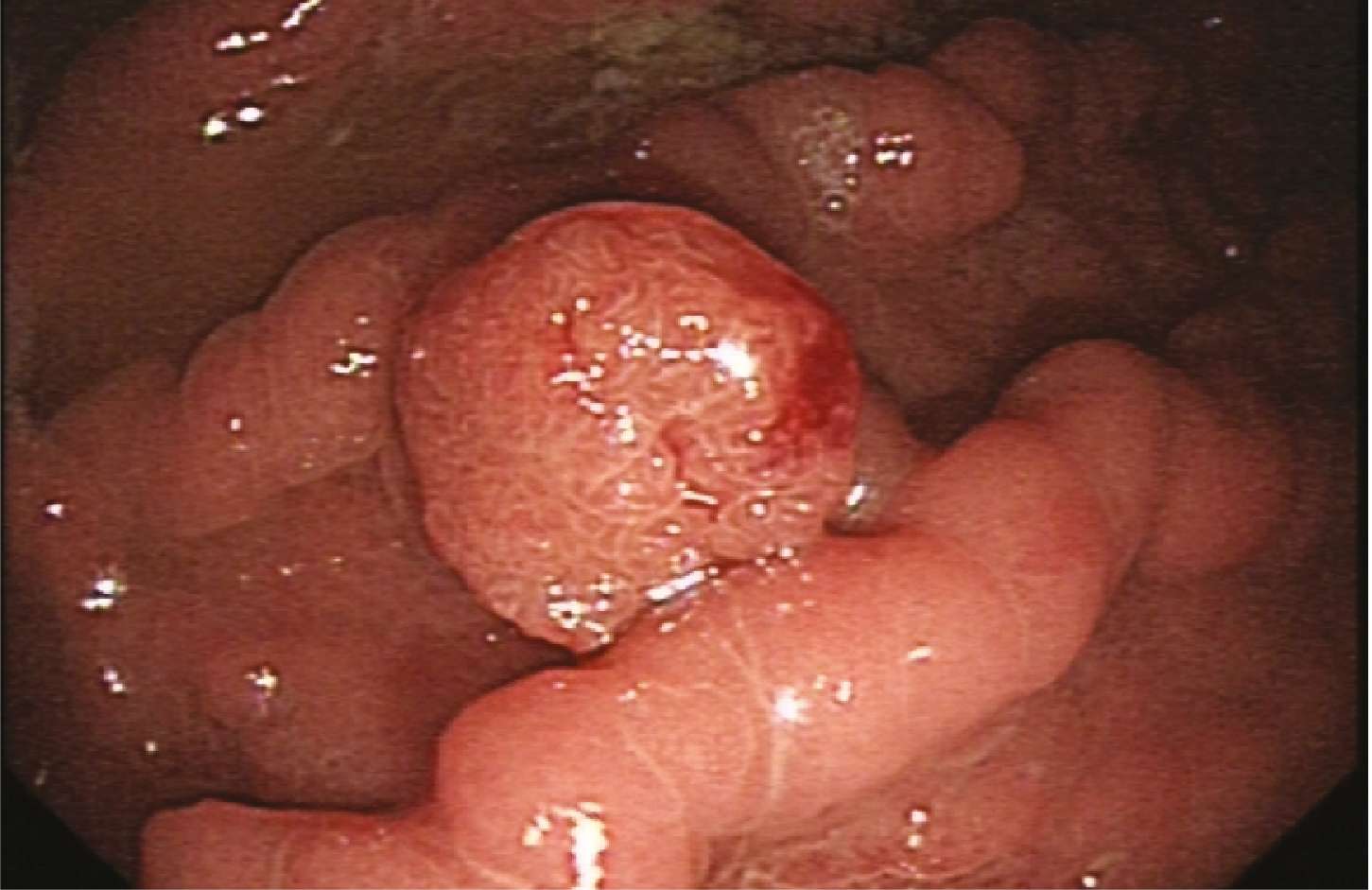Gastrointestinal Neuroendocrine Tumours
Topics: Digestive Oncology
Authors: Dalvinder Mandair, Christos Toumpanakis, Martyn Caplin
Editor: Natalie Wood
Release date: October 2019
This course was developed by UEG
Authors: Dalvinder Mandair, Christos Toumpanakis, Martyn Caplin
Editor: Natalie Wood
Release date: October 2019
This course was developed by UEG
Neuroendocrine tumours (NETs) develop from enterochromaffin cells, which are located throughout the gastrointestinal tract. Most NETs arise in the gastro-entero-pancreatic tract (GEP-NETs) and they are increasingly found during endoscopic investigation. Although rare, the incidence of NETs is increasing, and prolonged patient survival means that their prevalence is high. Prognosis and treatment options vary according to the size, grade/stage and functionality of the NET, making correct diagnosis and staging key.
In this online course, Dalvinder Mandair, Christos Toumpanakis and Martyn Caplin cover all aspects of gastric NETs, duodenal NETs and rectal NETs—their pathogenesis, investigation, diagnosis, classification, staging, management and prognosis.
Target audience
This course is suitable for gastroenterologists, nurse endoscopists, upper gastrointestinal surgeons and colorectal surgeons, but is also appropriate for trainees and medical students.
